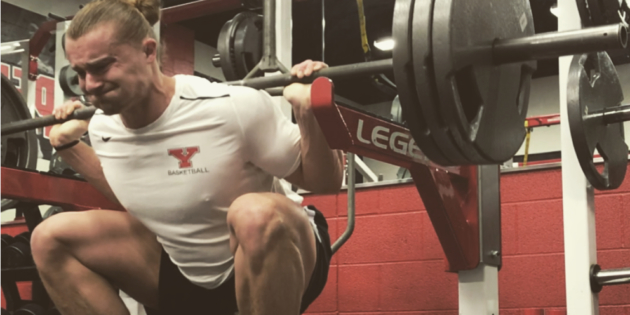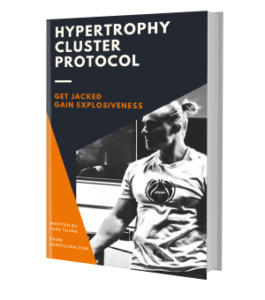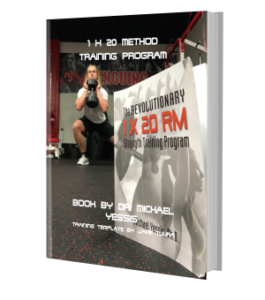- Apathy is a terrible quality to possess.
- Forcing energy – If a drill/exercise is actually engaging, then energy doesn’t need to be forced. Do athletes need to cheer each other on during a snap down or layup line? No. If they are maxing on squats, energy will come naturally. If they are executing a competitive drill, energy will come naturally. Flow states bring out energy. Things that are too easy or things that nobody really cares to do.. no energy, only if it’s forced.
- Dr. Tommy John says, “Womb to 13 years old is the foundation to everything we do in life.” If we are taking college athletes and expecting them to develop ‘mental toughness’, maybe it’s too late.
- Same could be said for movement competence. If today’s young kids are playing Fortnite instead of playing outside.. maybe this is leading to injuries. Creating a new environment at an older age can definitely help, but how much does it pale in comparison to the environment from womb to 13?
- The prefrontal cortex: the area of the brain of rational thinking, isn’t fully developed until the age of 25. The way a coach perceives things isn’t the way a college athlete perceives things. It’s physiologically impossible.
- Hierarchy of needs – if basic (shelter, nutrition, safety) and psychological (belongingness, love, self-esteem) needs are not met, an athlete cannot self-actualize (gaining strength, developing sport technique, improving body composition, etc.). This doesn’t seem to be a focus of athletic development but athletic development depends on it.
- Post-Activation Potentiation (PAP): Much of the research shows a benefit because the control group had an insufficient warm-up (e.g. bike 5 min, stretch 5 min). Maybe PAP isn’t that special after all. It should be the norm before training, it’s not magic.
- If an athlete really loves cleans, yet ‘the research‘ says heavy squatting and jumping is better to develop power output, LET THEM CLEAN. The psychological negative of taking something enjoyable away likely outweighs the physical gain you could potentially make. Clean away!
- You can tell people all you want how ‘getting abs’ doesn’t come from core training. They will still believe that it does. Let them do crunches and planks. When they are actually serious about getting abs, they will develop the knowledge to know this line of thought is wrong.
- We listen to those who embody qualities we want to possess. What does the 500-lb. Deadlifter have to offer me on my own Deadlift? Probably nothing. What advice does the dude with a 30-inch vertical have for me? I don’t care. Put a 700-lb. Deadlifter and 40-inch vertical in the room and I’ll listen. If you haven’t done it, or haven’t coached people to it, don’t give your opinion.
Thoughts 4



